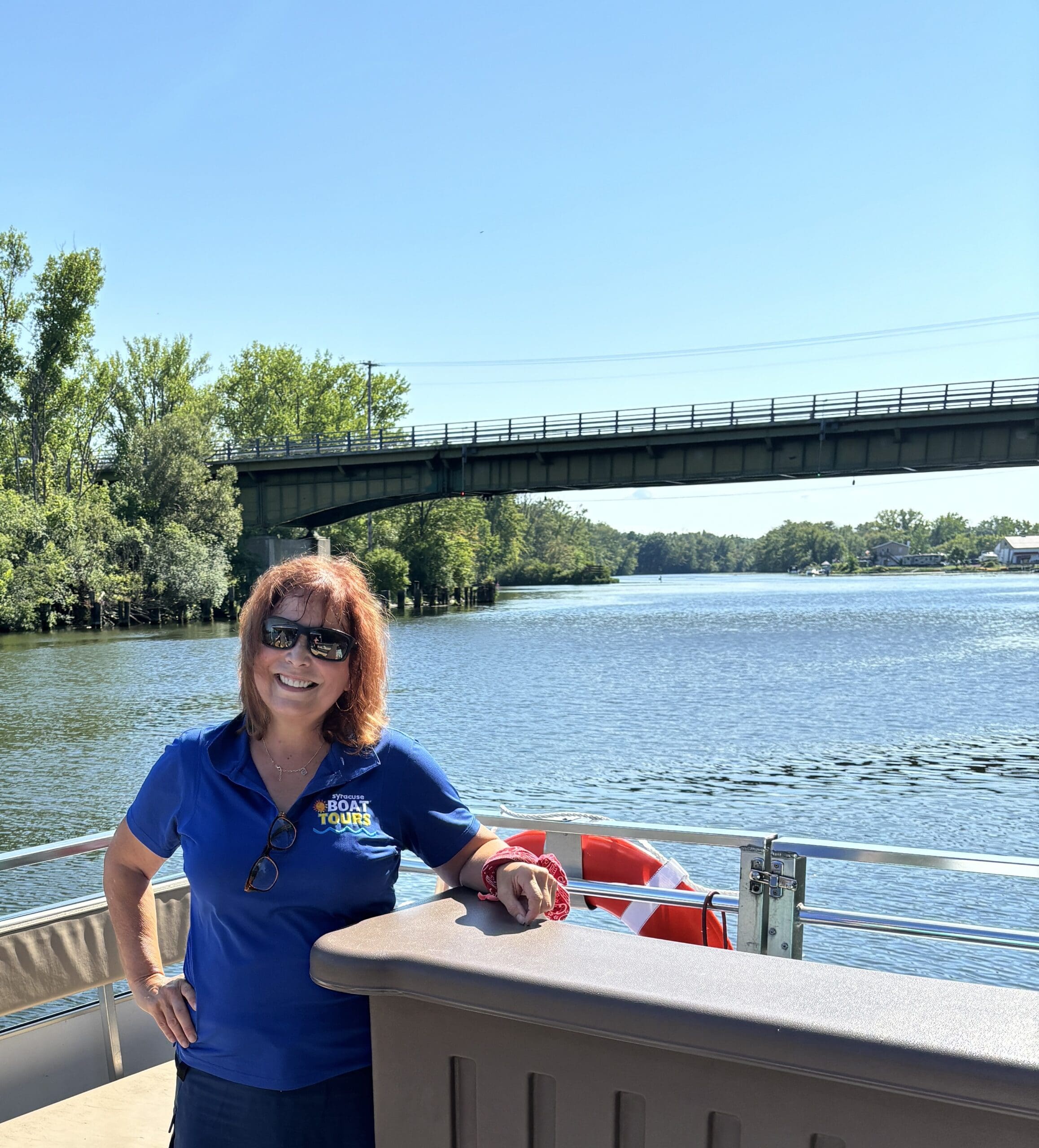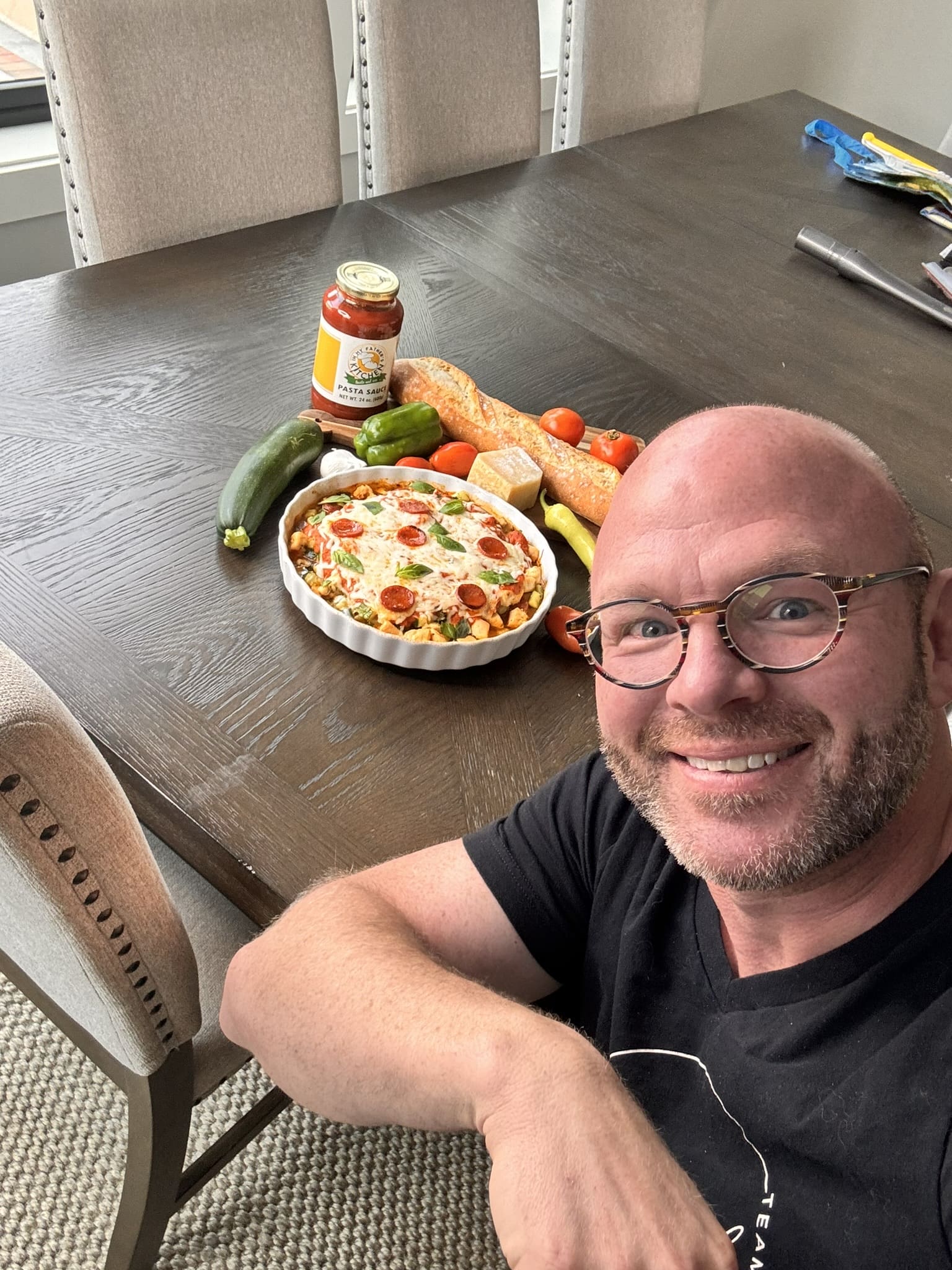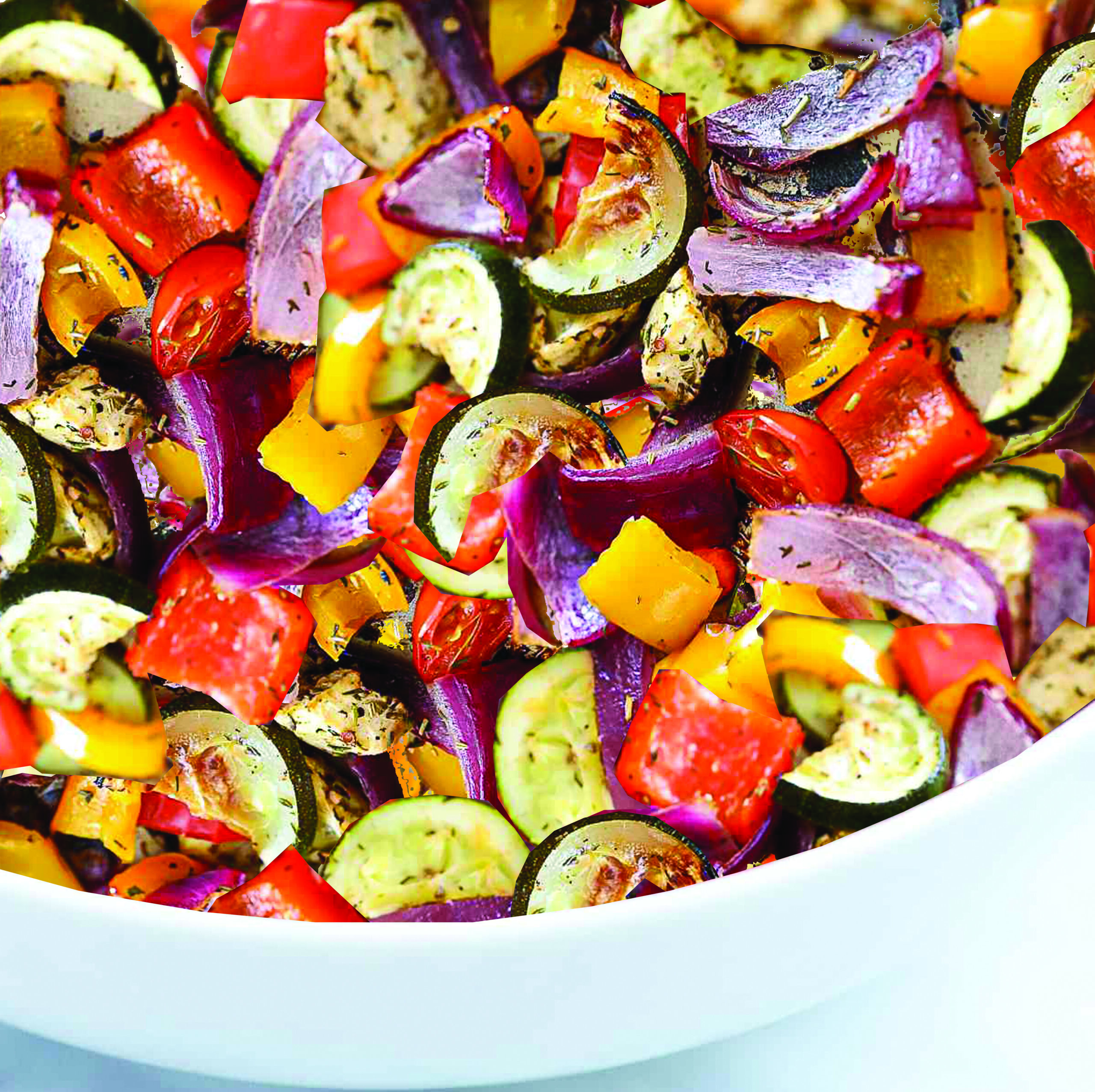By Sarah Tietje-Mietz
Photos by Steven J. Pallone
Coworking spaces like WeWork, Impact Hub and, locally, Syracuse CoWorks, provide professional environments for those not working out of traditional offices. Members have access to the benefits of standard offices, like meeting rooms, communal workspaces, and unlimited WiFi, all at an affordable cost.
But what if instead of desks, there are ovens? Instead of meeting rooms, stovetops and stand mixers? That’s the idea behind Syracuse CoKitchen: a local coworking space where members pay a flat fee for access to a New York state-certified commercial kitchen.
Chefs, farmers markets vendors, and food truck operators are utilizing the Syracuse CoKitchen to make the products they sell to the public. But there are others using this space that might come as a surprise.
Wunderbar, the muti-faceted LGBTQ bar and event space at 201 S. West St., opened in April of 2019 and has been using Syracuse CoKitchen since. General manager Ashley Slater trained in the culinary program at Johnson and Wales University and uses the CoKitchen to prep and cook for their monthly Drag Brunches. She sees the ability to scale up their events because of the benefits of having access to the kitchen, and sees the CoKitchen creating opportunities for other local cooks and small culinary businesses.
“There’s so many struggling smaller businesses and to be able to have a space where that can allow you to continue

Coconut rice with black beans on tomato wrap
growing without having to purchase your own kitchen or be worried about that the financial aspect associated with that,” Slater said.
Babette Puzey uses the CoKitchen to whip up cookies, baked goods, soups, and an abundance of bacon for The 443 Social Club and Lounge (formerly The Listening Room). With industrial mixers, large ovens, and flexible scheduling, the CoKitchen suits her needs. After encountering issues with the space and previous management, Puzey and the owner of The 443, Julie Briggs, stepped back from using the CoKitchen, but struggled finding another space that met their production, scheduling, and pricing needs. When they heard the space was under new management, they wanted to give the CoKitchen another try. She credits the new manager, Mark Pawliw, with bringing them back.
“I met [Pawliw] down there when he was first taking over. And he had a whole crew of people in there tearing the place apart, cleaning it, making sure everything was functional,” said Puzey. “It’s so much easier… everything since Mark has taken over it has become easier… And I have faith that he cares enough.”

Mark Pawliw
Mark Pawliw is a boomerang. After trying different cities on for size, he returned to the Syracuse area in 2010. Pawliw had always been involved with the food and beverage industry and jumped back into the local farm and food scene. He created Farm to Fork 101, a “sustainable experience that reconnects the farmer with the consumer in a delicious way.” Through this, he focuses on food, education, and sustainability in the Syracuse area through special events and dinners.
Pawliw first connected with the CoKitchen by using the facility for Farm to Fork 101 events. After becoming more involved with the space, took over operations after the previous manager stepped down. He saw how much his growing business benefited from it, and the potential it had to fill this need for others.
“I think it gives people that want to go into the food business a place for them to use and try out, which is not super expensive,” said Pawliw. “So if it doesn’t work out they’re not losing their shirt. The idea is for everyone to be able to use all that stuff, and we… work together for the common good of promoting the food businesses in the area.”
Located at 808 N. Salina St. on the Near Northside, the Syracuse CoKitchen is part of a multi-use compound owned and operated by 800 Block II, LLC. Partners Stephen Case and Troy Evans purchased part of the historic Assumption Church campus in 2017 from the parish, which has been serving the Northside neighborhood since 1845. Residential lofts were retrofitted in another campus building, but Case was admittedly unsure of what to do with the parish hall.
Then the calls started coming in — people wanted to rent out the former parish kitchen to cook in. After looking around, they realized that commercial kitchen spaces were limited for those in the Syracuse area to use, and the ones that were available had restrictive hours and high rental costs. They saw a need in the community — and an opportunity to fill it.
“Every building project we do is done with a community focus,” said Case. “We want to activate the streetscapes that have been run down…and get a vibrancy back on the streets.”
In 2018, they pushed forward with the idea of creating a commercial production kitchen, one with affordable membership fees and a range of rental times. A co-working space, but for cooking.
Industrial appliances were purchased and the facility brought up to meet the strict code requirements for commercial food production. Those using the kitchen needed to provide proof of insurance and all food products, but the CoKitchen provided everything else.
Salt City Market, the soon-to-be spot for global cuisine and goods in Syracuse, stationed all their auditioning “food merchants” out of the Syracuse CoKitchen. Twenty-two culinary creatives, of various backgrounds and ethnicities, have been vying for eight stall spots in the market opening in Fall 2020. Adam Sudmann, market manager for Salt City Market, feels the CoKitchen has created the space and opportunity for, locals, refugees, and immigrants alike, to step into the culinary market without the personal or financial risk that opening a kitchen, or even a food truck, can entail.
It is clear there is an understanding by those who own, manage, and use the Syracuse CoKitchen, of the community-based values it embodies. For example, in exchange for access, Salt City Market helped outfit the kitchen with tools and equipment their cooks needed, which are now available for others using the facility. It echoes the ethos of Case and Evans’ vision for the space, and is well on its way of creating, as Sudmann said, “a more connected culture across the community.”






You must be logged in to post a comment.